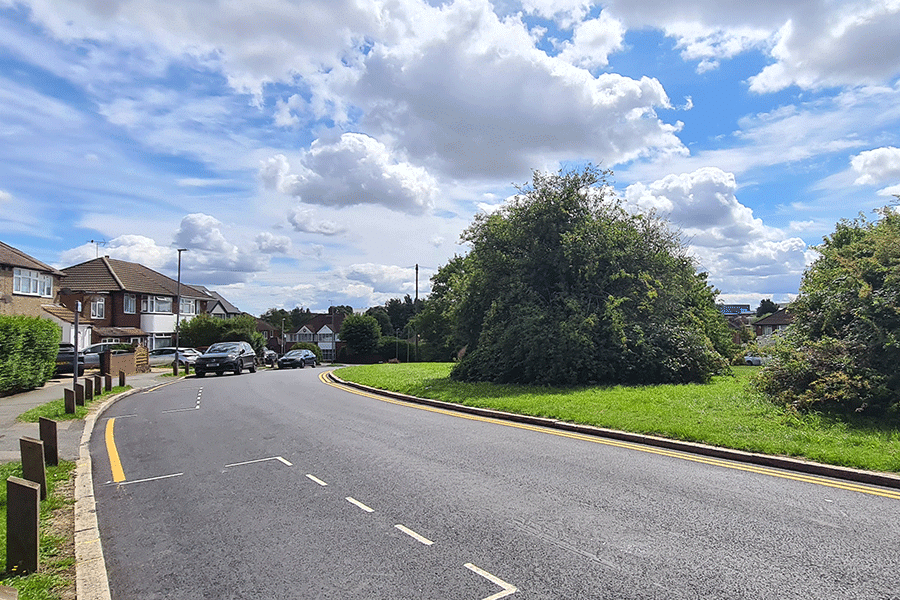VolkerHighways uses BIOSEAL on its largest scale trial on the UK highway network
In collaboration with Miles Macadam and Luton Borough Council, VolkerHighways has reduced the carbon footprint of Luton’s surfacing scheme, by using BIOSEALTM. This is the first time the solution has been used on a large-scale trial on UK roads.


The trial involved laying 1,030 tonnes of Miles Macadam’s Milepave™ road surfacing material along 12,360m2 of road, achieving a 40% carbon saving over conventional surfacing materials. This is due to its lower resource use, bitumen content and energy utilisation during manufacture.
To further reduce the carbon footprint of the material, the team resurfaced a section of the highway using BIOSEAL™, a biogenically modified asphaltic grout. This Biogenic material is a solid-state organic carbon by-product used within the road surface as a Carbon Capture and Storage (CCS) vessel to permanently lock away the carbon.
By using these products, 134 tonnes of aggregates and 19 tonnes of bitumen was saved, compared to conventional methods. A saving of 24 tonnes CO2e was produced compared to warm mix materials, which is the equivalent of over 60,000 car miles.
Jerry Pert, Operations Director for VolkerHighways, said: “It was great to be a part of this large-scale BIOSEALTM trial, as we continue to find carbon reduction techniques to the activities we need to do to maintain our highway network.”